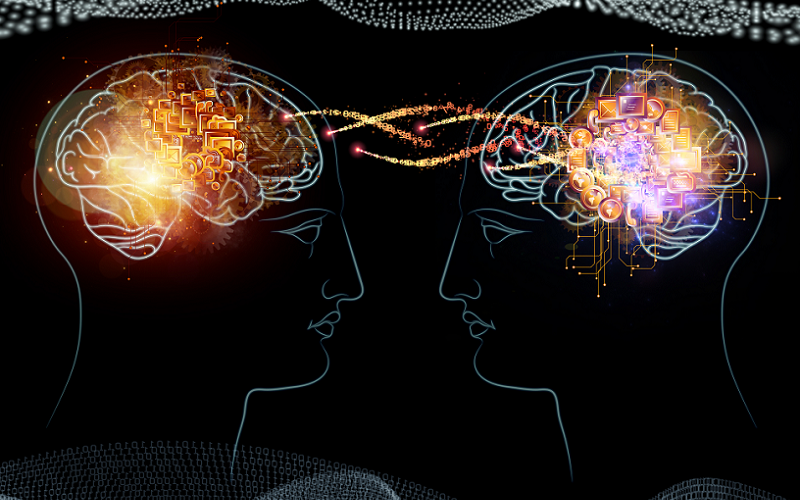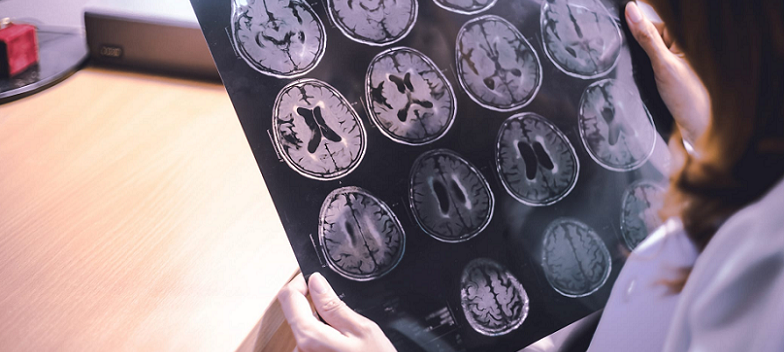
Social interaction is a fundamental aspect of human experience. Our brains are wired to connect with others, and social interactions play a significant role in shaping our thoughts, emotions, and behavior. Recent studies have shown that social interaction can have a profound impact on brain health and cognitive performance.
The Importance of Social Interaction
Social interaction is a critical aspect of human development and well-being. Our brains are wired to connect with others, and we rely on social interactions to develop relationships, share ideas, and exchange information. Studies have shown that social interaction is vital for maintaining good mental health and physical health, and can have a significant impact on our cognitive enhancement.
One of the key benefits of social interaction is that it helps us to form meaningful relationships with others. This is essential for our overall well-being because humans are social creatures by nature. Relationships provide us with emotional support, help us to feel connected to others, and give us a sense of purpose and belonging. Without social interaction, we are more likely to experience feelings of loneliness, isolation, and depression, all of which can have negative consequences for our mental and physical health.
Social interaction also helps to promote good mental health. Studies have shown that people who are socially connected are less likely to experience symptoms of depression, anxiety, and other mental health issues. This is because social interaction provides a sense of emotional support, which can help individuals to cope with stress, trauma, and other life challenges. Furthermore, social interaction has been shown to improve cognitive function and can help to prevent cognitive decline in older adults.
In addition to the mental health benefits of social interaction, it is also important for physical health. Studies have shown that individuals who have strong social connections are more likely to live longer, and are less likely to develop chronic diseases such as heart disease, diabetes, and cancer. This is thought to be because social interaction helps to reduce stress, which can have a negative impact on the immune system and other bodily functions. Social interaction can also provide individuals with motivation to engage in healthy behaviors such as exercise, eating a healthy diet, and getting enough sleep.
The Link Between Social Interaction and Brain Health
The link between social interaction and brain health is a growing area of research, and the findings suggest that social interaction can have a profound impact on brain health. Social interaction is believed to stimulate the brain in ways that can help to promote cognitive function, emotional well-being, and overall brain health.
One way that social interaction can impact brain health is by promoting the growth of new brain cells. Studies have shown that social interaction can increase the production of brain-derived neurotrophic factor (BDNF), a protein that promotes the growth of new brain cells. This is important because the growth of new brain cells can help to improve cognitive function and reduce the risk of cognitive decline.
Social interaction can also help to reduce stress, which can have a negative impact on the brain. Chronic stress has been shown to damage the hippocampus, the area of the brain that is responsible for memory and learning. Social interaction can help to reduce stress by providing emotional support, which can help individuals to cope with stress and other life challenges. This is important because stress reduction can help to prevent cognitive decline and improve overall brain health.
In addition to promoting the growth of new brain cells and reducing stress, social interaction can also improve brain function by promoting cognitive flexibility. Cognitive flexibility is the ability to switch between different cognitive tasks and to adapt to new situations. Social interaction can help to promote cognitive flexibility by exposing individuals to new ideas and perspectives, which can help to stimulate the brain and promote cognitive function.
Social interaction can help to improve brain health by promoting overall well-being. Social interaction can provide individuals with a sense of purpose and meaning, which can help to improve emotional well-being and promote overall brain health. This is particularly important for older adults who may be at risk of cognitive decline and other age-related health issues.

Social Interaction and Cognitive Performance
Social interaction has a significant impact on cognitive performance. Cognitive performance refers to the ability to process information, learn new things, and solve problems. There is growing evidence to suggest that social interaction can have a positive impact on cognitive performance, particularly in older adults.
One way that social interaction can impact cognitive performance is by promoting cognitive stimulation. Social interaction can expose individuals to new ideas, perspectives, and information, which can help to stimulate the brain and promote cognitive function. This is particularly important for older adults, who may be at risk of cognitive decline due to age-related changes in the brain. Studies have shown that engaging in social activities such as group discussions, card games, and other social activities can improve cognitive function in older adults.
In addition to promoting cognitive stimulation, social interaction can also improve memory. Memory is a critical aspect of cognitive performance, and social interaction can help to promote memory function by providing opportunities for individuals to practice and use their memory skills. For example, participating in group activities that require the use of memory, such as trivia games, can help to improve memory function in older adults.
Social interaction can also promote cognitive performance by reducing stress. Stress can have a negative impact on cognitive performance by impairing memory and attention. Social interaction can help to reduce stress by providing emotional support and opportunities for social support. This can help individuals to cope with stress and other life challenges, which can improve cognitive performance.
Finally, social interaction can promote cognitive performance by providing a sense of purpose and meaning. Social interaction can help individuals to feel connected to others and to their community, which can provide a sense of meaning and purpose. This can help to promote cognitive performance by providing individuals with motivation to engage in mentally stimulating activities and to maintain an active and engaged lifestyle.

Types of Social Interaction That Benefit the Brain and Cognitive Performance
Social interaction can take many different forms, and different types of social interaction can have different benefits for the brain and cognitive performance. There are several types of social interaction that are known to benefit brain health and cognitive performance.
Face-to-Face Interaction
Face-to-face interaction involves in-person interactions with other individuals. This type of social interaction is important because it allows individuals to engage in a variety of activities that can stimulate the brain and promote cognitive function. For example, engaging in face-to-face conversations with others can provide an opportunity for cognitive stimulation and social support, which can help to promote overall brain health.
Virtual Interaction
Virtual interaction involves connecting with others through digital platforms such as social media, video calls, and messaging apps. While virtual interaction may not provide the same level of social support as face-to-face interaction, it can still provide a source of cognitive stimulation and emotional support. Virtual interaction can be particularly beneficial for older adults who may have difficulty leaving their homes due to physical limitations.
Group Activities
Group activities involve engaging in social activities with other individuals, such as participating in a sports team, taking a class, or joining a club. Group activities provide an opportunity for social support and cognitive stimulation, as well as a sense of purpose and belonging. These benefits can help to improve overall brain health and cognitive performance.
Volunteer Work
Volunteer work involves engaging in activities that benefit others, such as working at a food bank or mentoring children. Volunteer work provides an opportunity for social support and a sense of purpose, which can help to improve overall brain health and cognitive performance. Additionally, volunteer work can provide opportunities for new experiences and cognitive stimulation, which can help to promote cognitive flexibility.
Travel
Travel involves visiting new places and experiencing different cultures. Travel provides an opportunity for cognitive stimulation, as individuals must adapt to new environments and cultures. Travel can also provide a sense of purpose and meaning, which can help to improve overall brain health and cognitive performance.

The Negative Effects of Social Isolation on the Brain
Social isolation refers to the experience of being disconnected from social networks, either voluntarily or involuntarily. Social isolation can have negative effects on the brain, particularly if it is experienced over a prolonged period of time. Here are several negative effects of social isolation on the brain:
- Cognitive decline: Studies have shown that social isolation can contribute to cognitive decline, particularly in older adults. Social isolation can lead to a lack of cognitive stimulation, which can contribute to the deterioration of cognitive function over time.
- Increased risk of depression and anxiety: Social isolation can also increase the risk of depression and anxiety. Social isolation can lead to feelings of loneliness and hopelessness, which can contribute to the development of depression and anxiety. Furthermore, social isolation can make it difficult for individuals to access social support, which can worsen symptoms of depression and anxiety.
- Higher levels of stress: Social isolation can also increase levels of stress, which can have negative effects on the brain. Chronic stress has been shown to damage the hippocampus, the area of the brain that is responsible for memory and learning. Social isolation can contribute to stress by limiting access to social support and increasing feelings of loneliness and anxiety.
- Increased risk of dementia: Studies have shown that social isolation can increase the risk of dementia. Social isolation can lead to a lack of cognitive stimulation, which can contribute to the deterioration of cognitive function over time.
- Poor physical health outcomes: Social isolation has been associated with a range of negative physical health outcomes, including higher rates of chronic disease, higher mortality rates, and increased risk of disability. These negative physical health outcomes can have negative effects on the brain over time.
